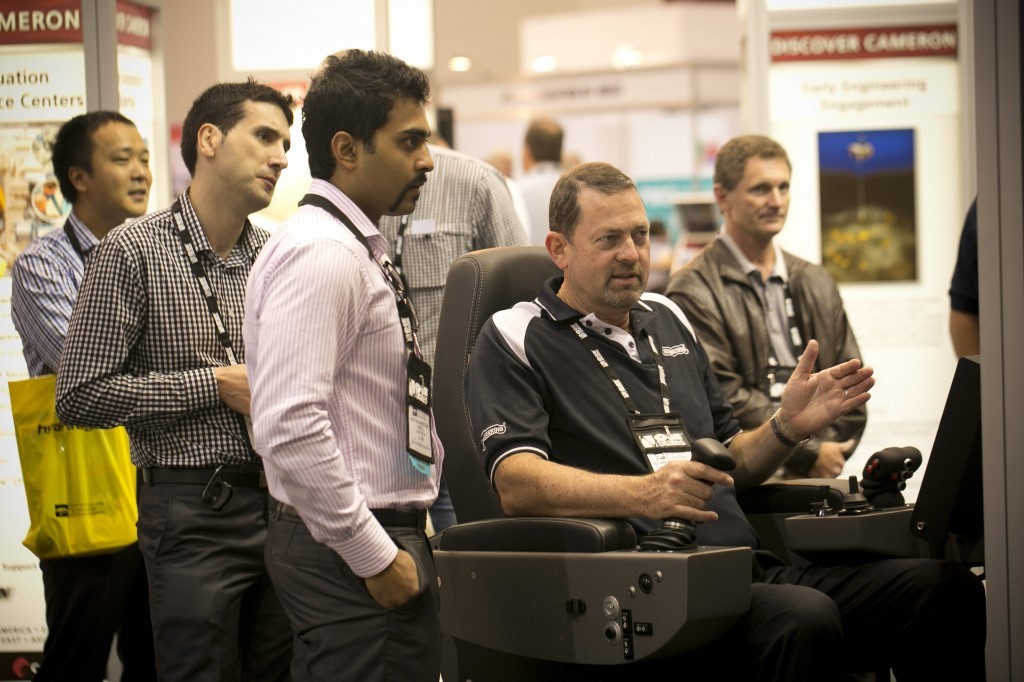
Closing the skills gap could be a major step forward in solving the challenges in deepwater developments, according to an industry analyst.
Richard D’Souza from Granherne/KBR said collaboration is needed between the oil and gas industry, governments and educational institutions to hire the right staff.
Mr D’Souza was speaking at the Deep Offshore Technology International 2014 (DOT) conference about the current issues challenging the industry.
He said approaching people in secondary schools and widening the talent pools, by looking to other industries, such as aeronautical and military would be key.
His analysis of the current market came with a warning that “storm clouds are looming” but he said the industry had always faced challenges and managed to succeed.
The analyst came up with five steps which could be used in deepwater development to meet the demands of energy supplies and the costs.
These included improving capital efficiency, making the demands to hire local workers more realistic and bridging the skills gap.
He said: “We have had a great run, with very successful deepwater projects – people have made money, and lots of it – but the trends over the last three to four years have been very troubling.
“One of the solutions is to accelerate technology development, the industry is increasingly creative.
“It’s critical that we have the skills, it’s really all about the people when it comes right down to it and if you don’t have the right people, you’re not going to get the job done right.
“There’s a skewing of the demographic in our industry, we’ve known this for years. We don’t have enough youth and we don’t have enough diversity and we have to do something about this.
“The zero-sum game of poaching, cannibalising from one another is just not on anymore, we have to invest in recruitment of new talent.
“We must make a firm commitment and investment to training and mentoring young people.
“We need to go back even further down into the high schools to encourage young people to get into the engineering profession.
“Fundamentally the companies that make refreshing changes to their hiring, I think, will benefit the most in the long run.”
Recycling projects and increasing CAPEX, Mr D’Souza said, was not a sustainable way to keep moving for oil companies.
Geography, geopolitics and geologic trends have also been creating unpredictability in the industry, which he said caused tough challenges for companies.
The analyst added: “For deepwater projects, countries must be more pragmatic and a little less dogmatic about their requirements or run the risk of killing the goose.
“Brazil currently has a requirement of 55% and in Nigeria that is even greater, but it is not sustainable.
“There’s production agreements and tax regimes which are getting increasingly more disconnected from the CAPEX.
“I have to say, in 40 years business, I have seen boom and bust, but we are at our best when our backs are against the wall which is where we are now.”
Recommended for you
